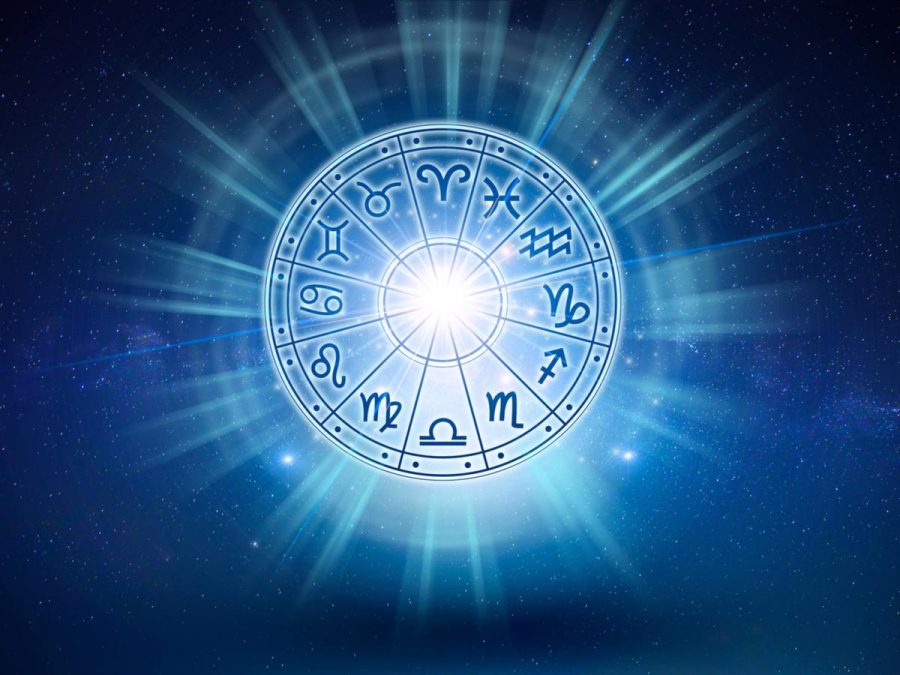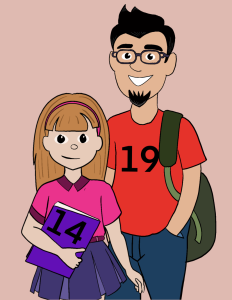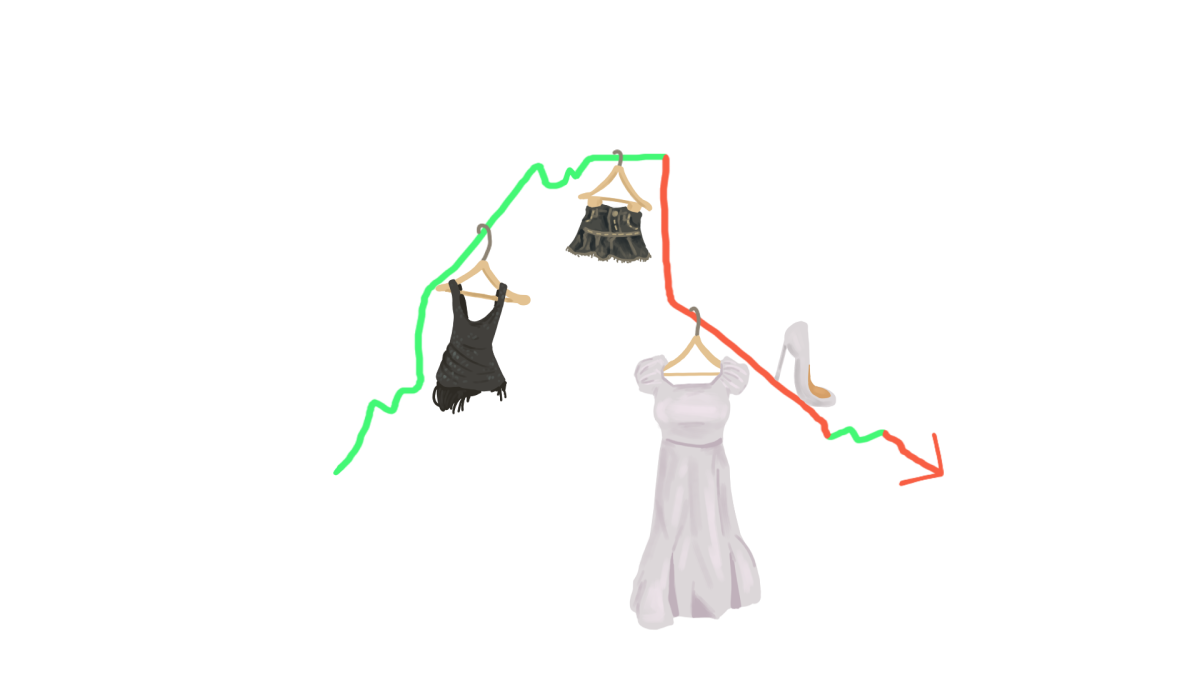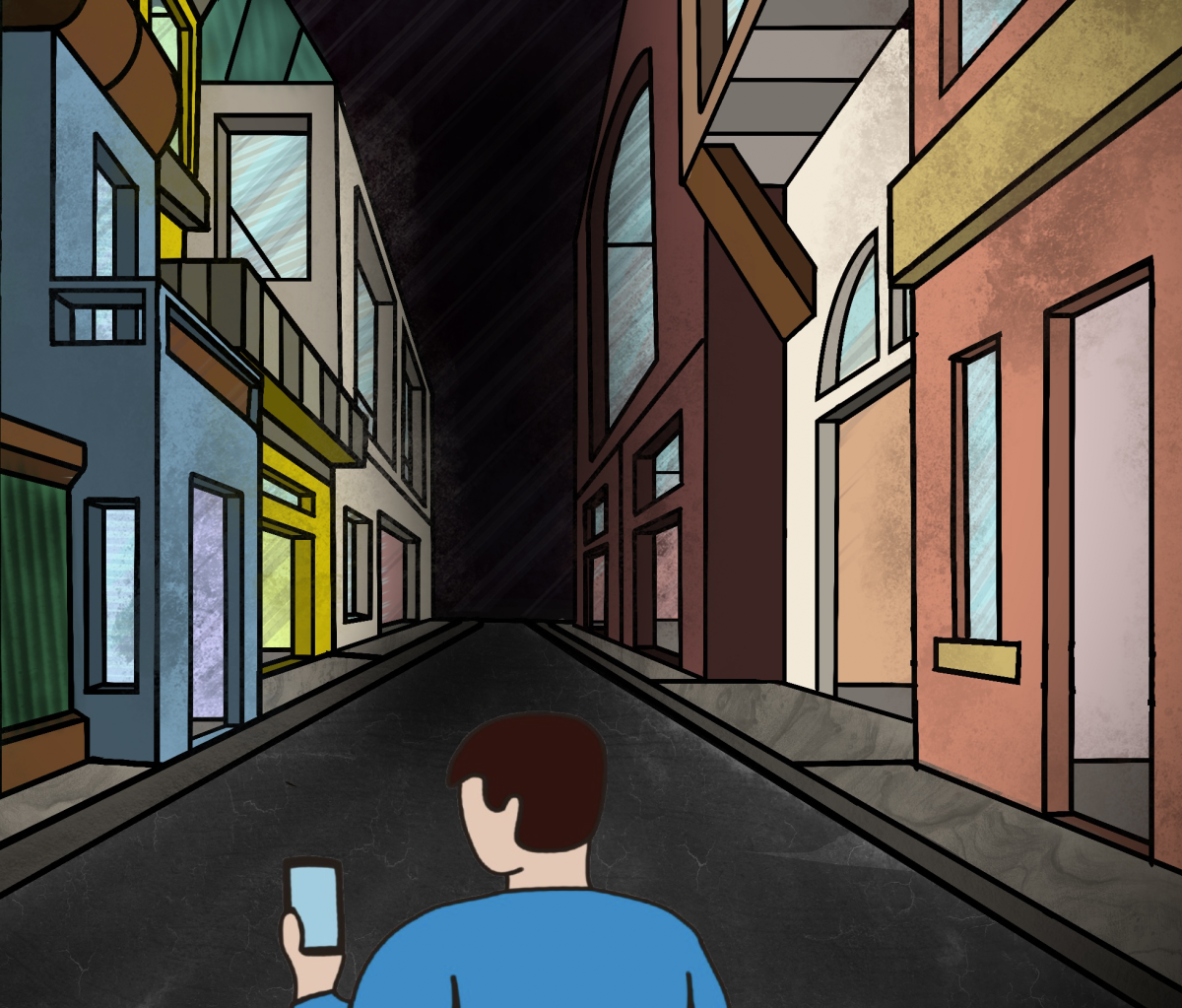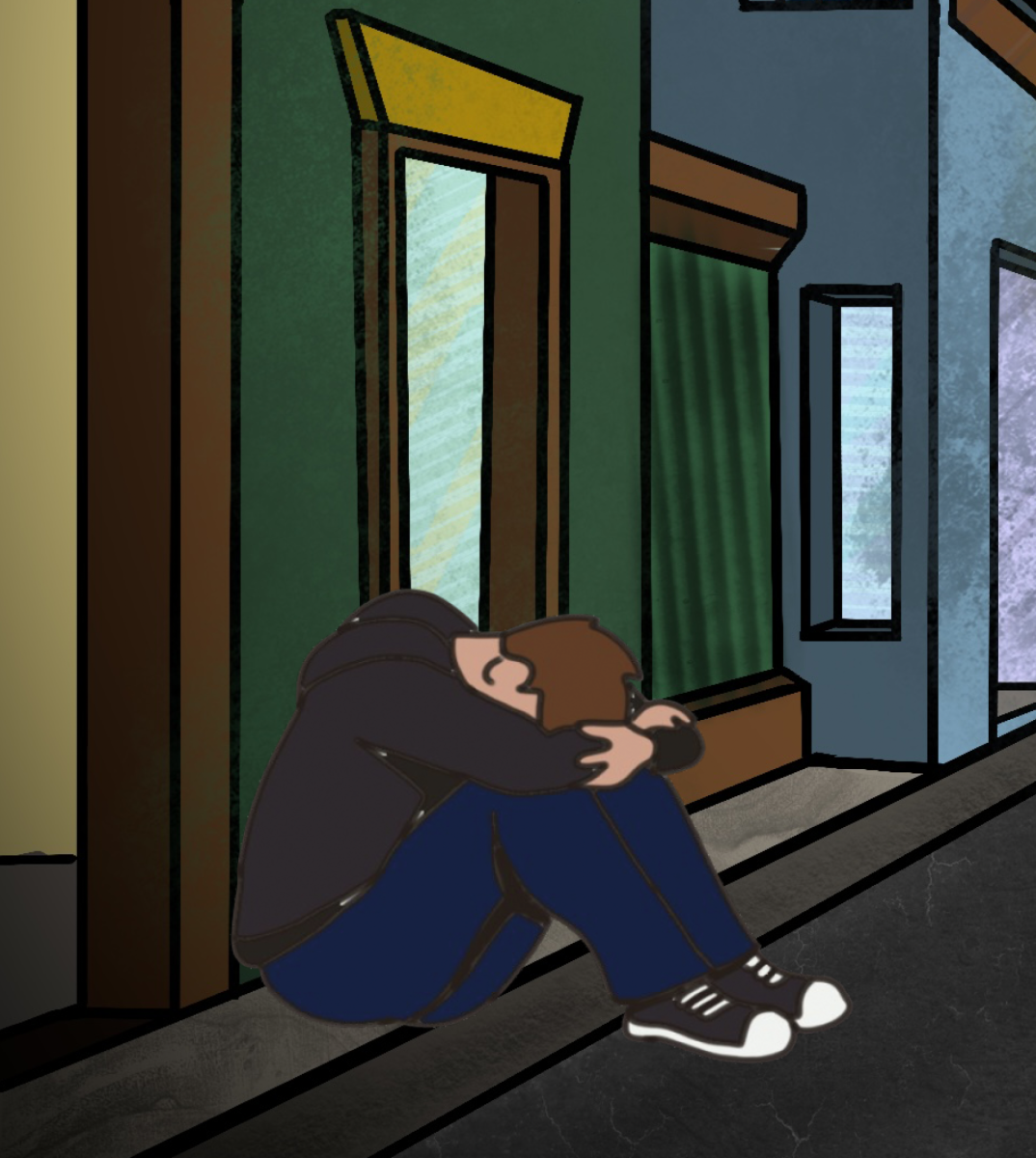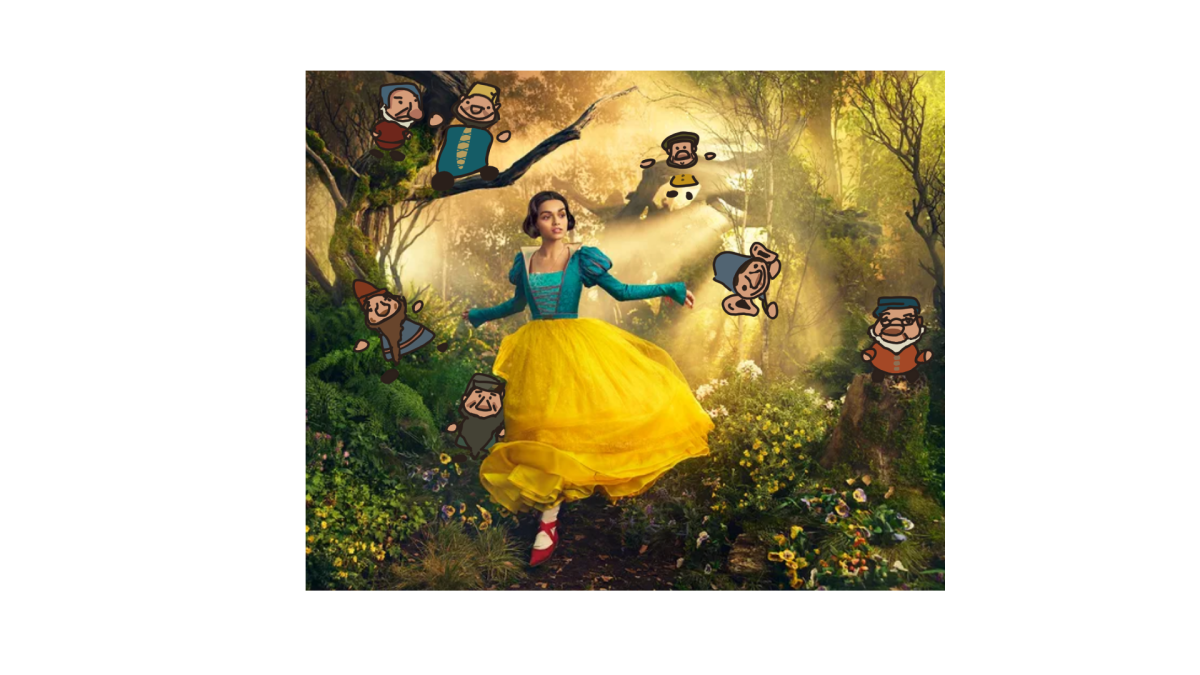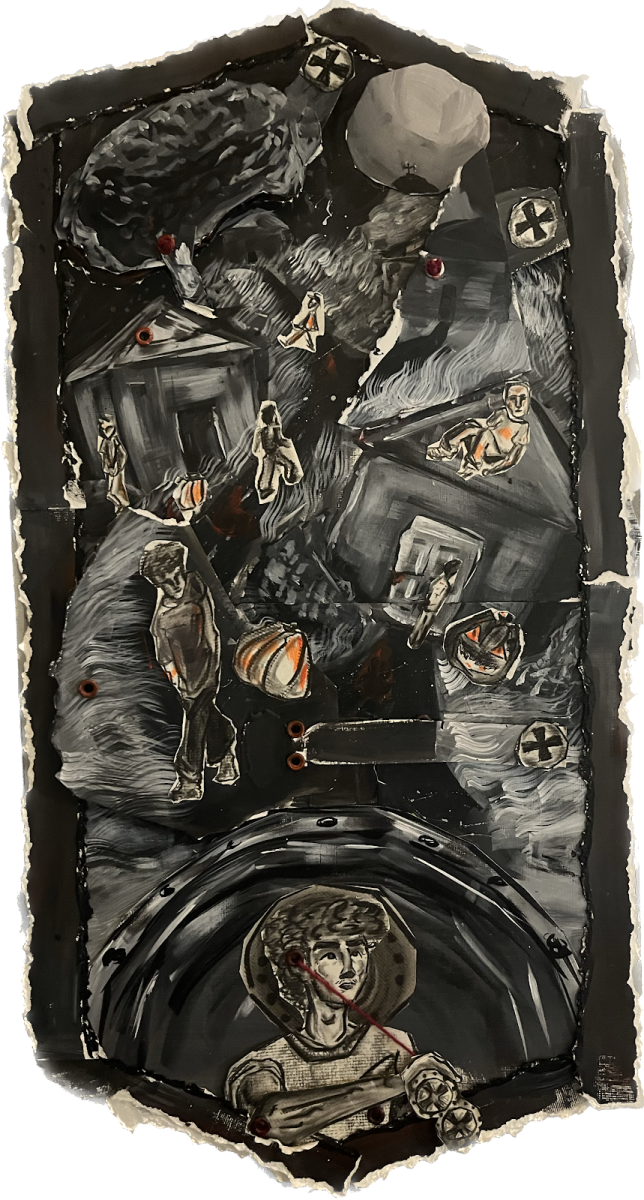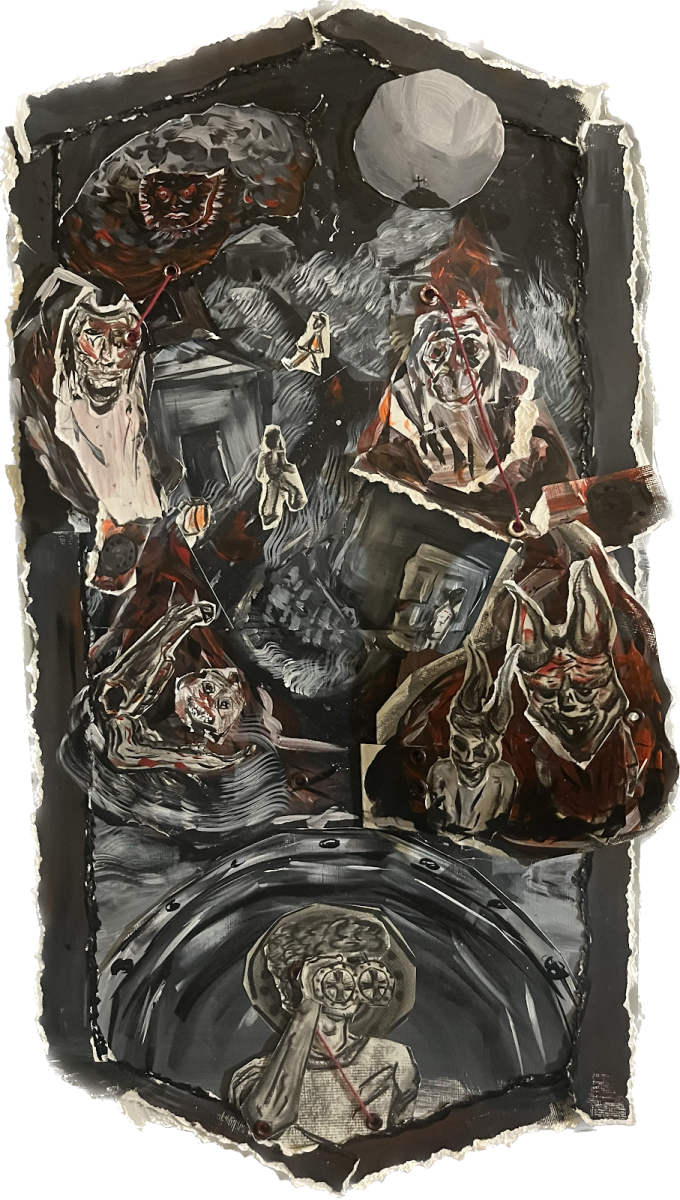Astrology: Exploring the legitimacy of astrology
November 3, 2021
Stars. Quasars. Black holes. Celestial bodies like these have fascinated me since childhood and I have been watching cosmology videos since then to augment my knowledge. I always wondered why things work the way they did. Constellations never interested me because they did not feel like part of the universe. They are just arbitrary lines drawn by random people in an attempt to see a pattern in randomness — and that is why I have always been confused by astrology.
Astrology is a conflux of many beliefs, most commonly that factors such as planets in our solar system, zodiac signs and other celestial happenings have a direct effect on our life. There are also usually overtones of destiny — that who you will be and what you will do are predetermined by the stars. None of this has ever made any sense to me for a wide variety of reasons.
The main reason I never believed in astrology is that to me, it has no basis in empirical science. How do celestial bodies affect our lives? Stars and constellations are not “good” or “bad,” they are not an indicator of your potential or personality traits — they just… are stars and constellations. Stars and planets do not exist for a purpose, they are just how our universe works; they are a byproduct of gravity and uneven hydrogen gas distribution. Of course, they still exert forces like gravity and many people think that the sheer size of these celestial bodies can create enough force to influence us.
Gravity is quite a strong force; it keeps us on our feet on Earth and prevents the sun from immediately exploding. One of the brightest stars in the modern zodiac is Aldeberan, in the constellation Taurus. To find out how much its gravity has an effect on me, I need my mass, Aldeberan’s mass and the distance between the star and I. I weigh approximately 91 kilograms; according to the astrophysical journal, Aldeberan weighs approximately 2.3071*1030 kilograms and the distance between us is approximately 65 light years, or 6.149*1017 miles. This comes out to a gravitational force of about 0.00000000000000041 Newtons. For comparison, I weigh 892 Newtons relative to earth, or about 2.1 quintillion times as much. The people in my household exert a much greater gravitational force on me than one of the most massive and closest stars in the Zodiac does.
So stars clearly do not gravitationally affect me, but there are other, more obvious problems with the zodiac. The zodiac has 13 symbols, the least known being Ophiucus, but it is often conveniently left out so it is easier to remember dates: the zodiacs change on the same date every month. With 13 you would have to change every 28 days, just short of a month. This is much less easy to remember so it is often ignored intentionally. Another big problem is that the zodiac, established 2000 years ago, has shifted forward by a month. According to Cornell University Astronomy, they are not the same anymore and anyone born in what are called Scorpio dates are most likely Sagittarius dates. But this would prove all horoscopes and predictions in recent decades wrong — so it is ignored to maintain the illusion.
There is a certain human urge to try to find meaning in one’s life — the idea of some sort of divine plan or destiny gives our life direction and meaning where otherwise there would be none. But in these cases, religion and yes, astrology, are not selling meaning, but false hope. In the end, there is no greater purpose in the universe and astrology is simply a refuge that people seek to avoid this fact. I ask you to face this crisis, not avoid it; in a sea of meaninglessness, people should try to do what makes a difference in the world — and astrology is a red herring.


